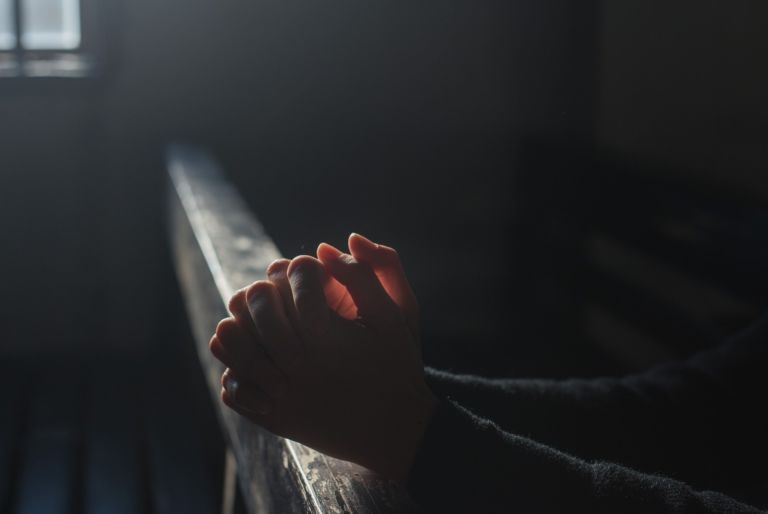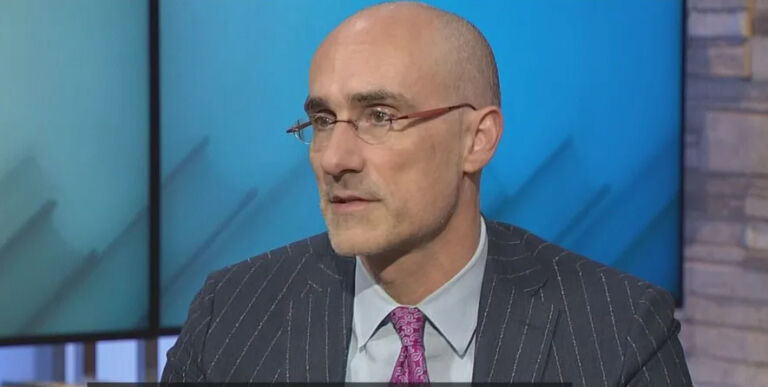John Daniel Davidson of the Federalist ponders the accomplishments of the late Pope Benedict.
Upon hearing the news of Pope Benedict XVI’s death on Saturday morning, I immediately thought of a long road trip I took with my wife 10 years ago, from Alaska to Texas, and a lonely stretch of highway in central Wyoming where, trapped in a car with nothing else to do, I listened to hours and hours of interviews conducted in the ’90s with then-Cardinal Joseph Ratzinger, the man destined to become Pope Benedict XVI.
I didn’t know it at the time, but those interviews planted seeds that would take years to bear fruit, which they did in 2018 when my wife and I were received into the Catholic Church.
Now, of course, recorded conversations about philosophy and theology aren’t usually what helps one stay awake on a long road trip. But after nearly a week on the road, we were totally burnt out on music, crime noir novels, and just about everything else we’d brought with us. I asked my wife, who was trying to nap in the passenger seat, if it would bother her if I listened to the Ratzinger interviews while I drove since that was all we had left. She assured me it wouldn’t stop her from nodding off.
Three hours later, somewhere in the vast expanse of the Wyoming Basin, we were both wide awake, listening with rapt attention to a man unlike any we’d encountered before. …
… Here was a man who insisted there was no conflict between faith and reason, who could easily and convincingly explain the reasonableness not just of religious faith but of faith in Jesus Christ, in His crucifixion and resurrection, and in the “one, holy, catholic and apostolic Church” He established on Earth. Here, too, was a truly educated man who grasped the entire sweep of Western civilization and, in a kindly and even mirthful way, could level devastating critiques of the Enlightenment, the Reformation, and modernity’s blinkered, anemic understanding of human reason and the role it should play in answering ultimate questions.

